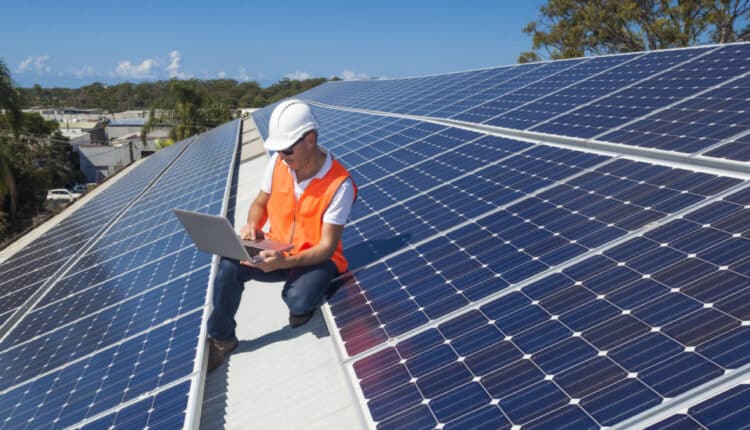Why Energy Storage Systems Are Essential for Sustainability
As the global demand for cleaner, more reliable power grows, energy storage systems have become a vital part of sustainable energy strategies. Whether for residential, commercial, or utility use, these systems offer stability, reliability, and efficiency to modern power infrastructures.
In energy-conscious communities like Waco, TX, both homeowners and businesses are increasingly investing in energy storage solutions to enhance their energy independence, reduce carbon footprints, and prepare for future power demands. With the ability to store and dispatch electricity when needed, these systems play a key role in building a more sustainable future.
The Rise of Energy Storage Technology
Traditional energy grids were not designed to handle the variability of renewable energy sources like solar and wind. As more clean energy sources are integrated, energy storage systems help balance supply and demand. They store excess energy during times of low demand and release it when consumption peaks or generation drops.
This role is particularly important in regions like Waco, TX, where fluctuating weather patterns can influence solar and wind generation. Advanced battery energy storage ensures that clean energy doesn’t go to waste and is available when needed most.
Key Benefits of Energy Storage Solutions
1. Improved Grid Reliability
One of the primary benefits of grid energy storage is its ability to stabilize voltage and frequency. When the grid is overloaded or experiences a failure, energy storage systems can provide immediate backup power, reducing blackouts and power disruptions.
2. Reduced Energy Costs
With on-site energy storage, users can store energy during off-peak hours (when electricity rates are low) and use it during peak hours, avoiding higher utility costs. This time-of-use optimization leads to significant savings, especially for commercial users.
3. Power Backup for Emergencies
In areas prone to storms or outages, like parts of Texas, power backup systems offer peace of mind. They ensure that critical systems—from medical equipment to communications—stay operational when the grid fails.
4. Support for Renewable Integration
Perhaps the most compelling advantage is the support energy storage provides for renewable energy systems. Pairing battery energy storage with solar panels, for instance, allows homeowners and businesses to maximize self-consumption and reduce dependency on fossil fuels.
Applications Across Sectors
Energy storage systems are not limited to large-scale installations. In Waco, TX, a growing number of residential and commercial buildings are adopting energy storage technologies to meet their unique needs:
- Homeowners: Looking for independence from the grid and reliable backup power.
- Businesses: Reducing demand charges and maintaining critical operations during outages.
- Utilities: Enhancing grid resilience and managing peak loads more efficiently.
Partnering with Energy Experts
Choosing the right system and configuration requires technical knowledge and experience. That’s why working with a trusted energy consulting firm is key to a successful installation.
Delta U Consulting specializes in evaluating and implementing high-performance energy storage systems tailored to your needs. From initial energy assessments to deployment, they help ensure your solution aligns with both financial goals and sustainability targets.
Final Thoughts
As energy needs evolve, energy storage systems are becoming essential tools in the shift toward sustainable and resilient power infrastructures. Whether it’s to reduce energy costs, support renewable energy use, or improve reliability during outages, these systems are proving to be invaluable.
In places like Waco, TX, where environmental awareness is growing, adopting smart energy storage solutions is not just a trend—it’s a long-term investment in a cleaner, more reliable energy future.
Frequently Asked Questions
1. What is an energy storage system?
It’s a setup that stores electricity for later use, typically using batteries or other advanced technologies.
2. How do energy storage systems help the environment?
They reduce reliance on fossil fuels and support renewable energy integration, cutting emissions.
3. Can I use energy storage with solar panels?
Yes, they work especially well together, letting you store solar energy for use at night or during outages.
4. Is battery energy storage expensive?
Costs have dropped significantly, and many systems pay for themselves over time through savings and incentives.
5. What size system do I need?
It depends on your energy usage, goals, and budget—consulting with a specialist like Delta U Consulting is the best first step.


